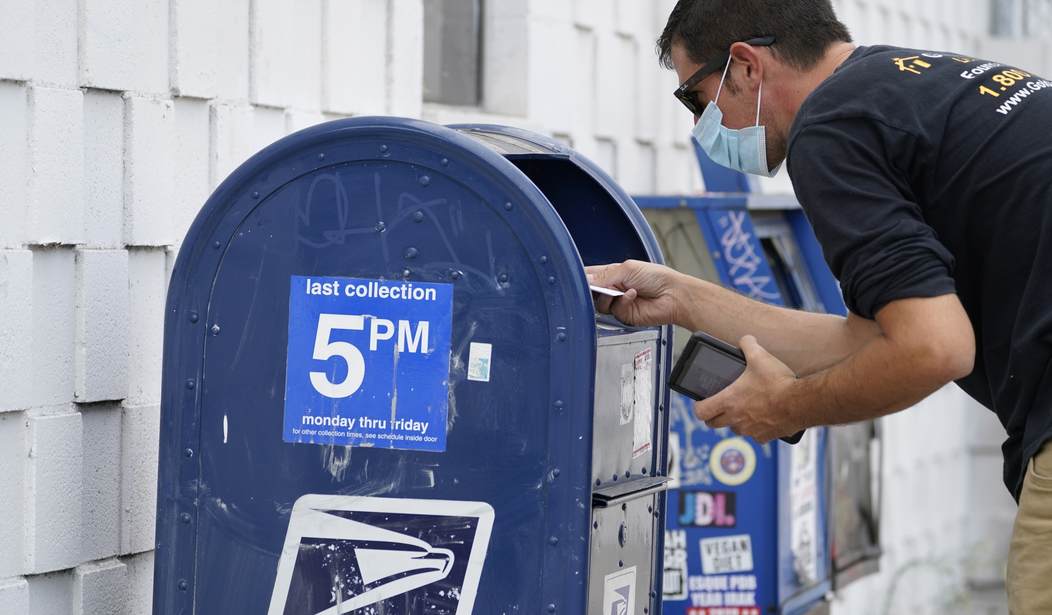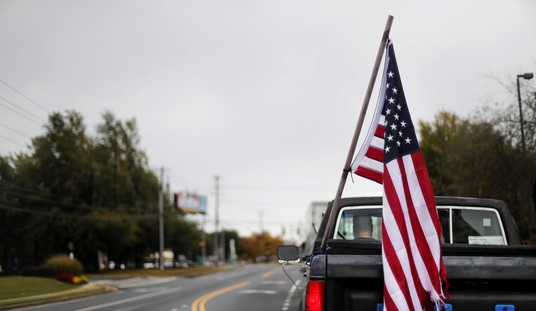A federal judge in Michigan has ruled that as long as an absentee ballot is postmarked before the November 3 election, it will be counted even if it doesn’t arrive until days later.
Michigan law requires the absentee ballot to be received by Election Day for it to be counted. But the judge has made new law by ordering ballots counted no matter when they arrive as long as they’re postmarked prior to the election.
You would think that when considering election law, the state legislature would have explicitly said that ballots could be received after Election Day and still be counted. They didn’t. The judge decided to make the legislature irrelevant.
But Court of Claims Judge Cynthia Stephens said there’s a crucial need for flexibility in November, especially after more than 6,400 ballots were disqualified in the state’s August primary election.
“The evidence in this case stands uncontroverted and establishes that the mail system is currently fraught with delays and uncertainty in light of the COVID-19 pandemic,” Stephens said.
An absentee ballot can be counted if postmarked by Nov. 2 and received within 14 days after the election, said Stephens, who noted that it can take two weeks to certify Michigan election results anyway.
Republicans were none too pleased.
The Michigan Republican Party accused [Attorney General Dana] Nessel and [Secretary of State Jocelyn] Benson of failing to aggressively defend existing laws.
They’re “standing idle hoping that their political party will benefit from legal chaos,” Republican chairwoman Laura Cox said.
Michigan Secretary of State Jocelyn Benson wanted the legislature to allow clerks to count ballots for up to two days after the election. She must be very pleased the judge was even more eager than she was to ditch the law.
In a separate ruling, a judge will now allow groups to transport voters to the polls. Most states allow political parties, unions, and advocacy groups to drive voters to the polls if they don’t have a ride so the ruling is overdue.
In enjoining the state’s law on vehicle transport, U.S. District Judge Stephanie Dawkins ruled Wednesday that “it is unclear how paying for a taxi or Uber is any more likely to influence a voter than offering to transport them by way of a volunteer driver in a non-profit corporation’s minivan.”
Additionally, Dawkins said, “Congress implemented a statutory scheme and gave citizens the right to spend money on transporting voters to the polls.”
Stephens also ruled “the state’s interests in preventing fraud and abuse in the absentee ballot application process and maintaining public confidence in the absentee voting process are sufficiently important interests and are substantially related to the limitations and burdens” placed on soliciting or requesting the collection or delivery of ballots under state law.
The judge also denied a request to allow “ballot harvesting” where a person can gather completed absentee ballots from several voters and deliver them.
The judge’s ruling on counting absentee ballots so late after Election Day is a danger to the election’s integrity because the longer the time period between when a vote is cast and when it’s counted invites fraud. It wouldn’t be easy, but it would be possible.
A delay of two weeks is totally unnecessary.









Join the conversation as a VIP Member